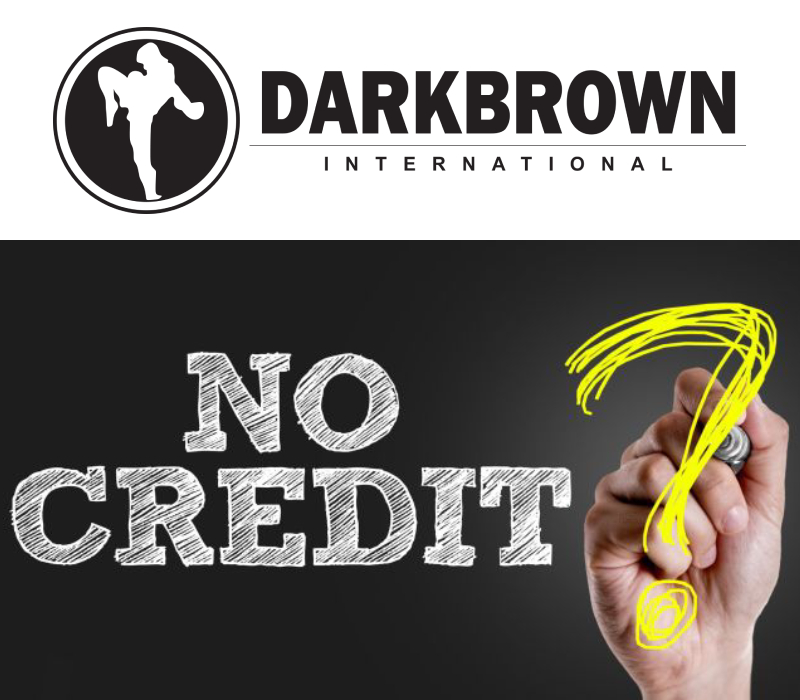In the dynamic realm of personal finance, credit loans stand as a versatile tool that individuals often turn to for various financial needs. Whether it’s addressing immediate expenses, funding a major purchase, or consolidating debt, credit loans offer a means of accessing funds. However, like any financial instrument, credit loans come with their own set of advantages and drawbacks. In this article, we’ll delve into the pros and cons of credit loans to help you make informed decisions about incorporating them into your financial strategy.
Pros of Credit Loans:
- Financial Flexibility: One of the primary advantages of credit loans is the financial flexibility they provide. Whether it’s a personal loan, credit card, or line of credit, these instruments allow individuals to access funds when needed, offering a degree of financial agility.
- Immediate Access to Funds: Credit loans often provide quick access to funds, which can be crucial in emergencies or time-sensitive situations. This immediate access can be invaluable when facing unexpected expenses.
- Builds Credit History: Responsible use of credit loans can contribute positively to your credit history. Timely repayments and responsible credit management can enhance your credit score, potentially opening doors to better interest rates and financial opportunities in the future.
- Consolidation of Debt: Credit loans, particularly personal loans or debt consolidation loans, can be used to consolidate existing debts. Combining multiple debts into a single, manageable loan may simplify repayment and, in some cases, reduce overall interest rates.
- Reward Programs and Perks: Credit cards often come with reward programs, cashback offers, and various perks. Responsible credit card use can allow you to capitalize on these benefits, earning rewards or receiving discounts on purchases.
Cons of Credit Loans:
- Accrued Interest: One of the most significant drawbacks of credit loans is the accrual of interest. Failure to repay the borrowed amount in a timely manner can lead to substantial interest payments, potentially increasing the overall cost of the loan.
- Risk of Debt Accumulation: Credit loans, especially credit cards, carry the risk of debt accumulation. The convenience of making purchases on credit may lead to overspending, resulting in a cycle of debt that can be challenging to break.
- Impact on Credit Score: Missed payments or defaults on credit loans can have a negative impact on your credit score. A lower credit score may affect your ability to secure favorable interest rates on future loans and could limit access to certain financial products.
- Variable Interest Rates: Some credit loans, particularly credit cards, may have variable interest rates. Fluctuations in interest rates can impact the cost of borrowing, potentially leading to higher monthly payments.
- Fees and Charges: Credit loans often come with various fees and charges, including application fees, annual fees, and late payment fees. These additional costs can contribute to the overall expense of the loan.
Conclusion: Striking a Balance in Financial Management
Understanding the pros and cons of credit loans is essential for making informed financial decisions. While credit loans offer financial flexibility and can be valuable tools when managed responsibly, they also pose risks, particularly in terms of interest payments and the potential for debt accumulation. To maximize the benefits of credit loans, it’s crucial to strike a balance, practice responsible financial management, and be vigilant about repayment obligations.
Before opting for a credit loan, carefully assess your financial situation, evaluate the terms and conditions of the loan, and consider alternative financial solutions. By navigating the financial landscape with a well-informed approach, you can harness the advantages of credit loans while mitigating their potential drawbacks.










